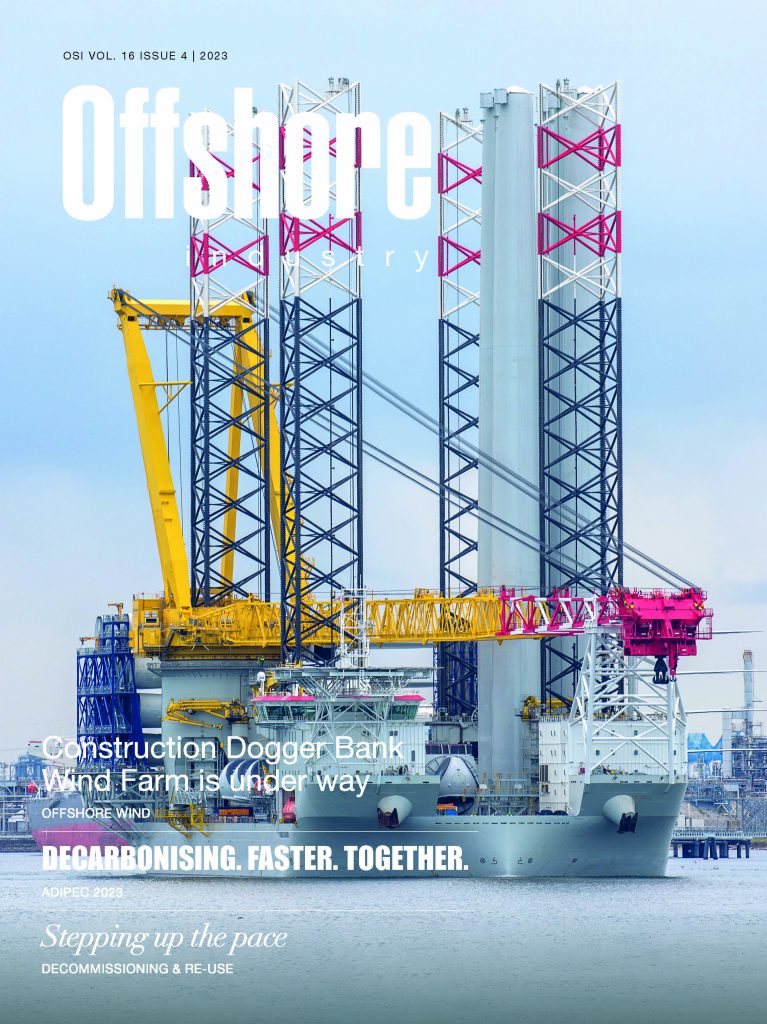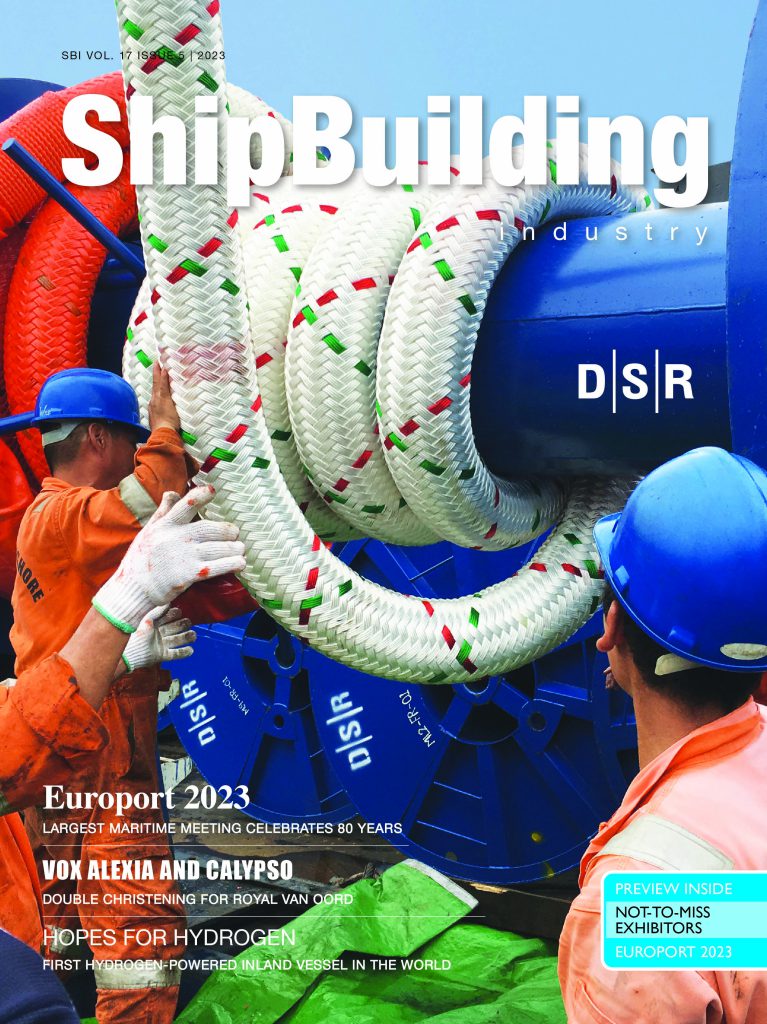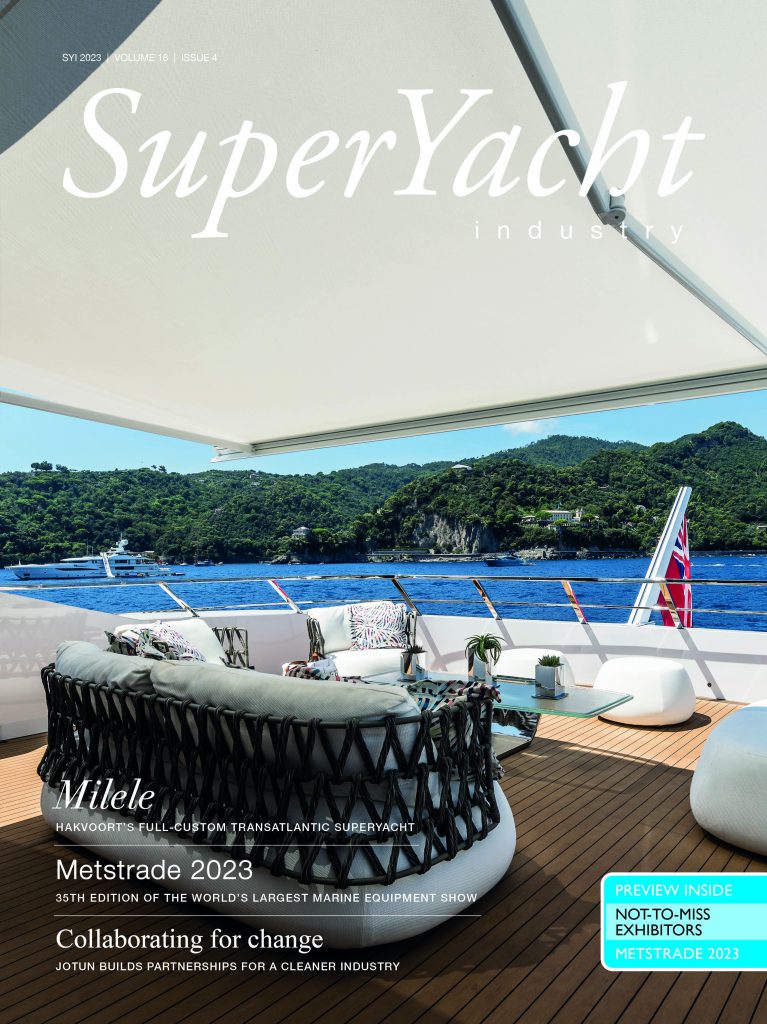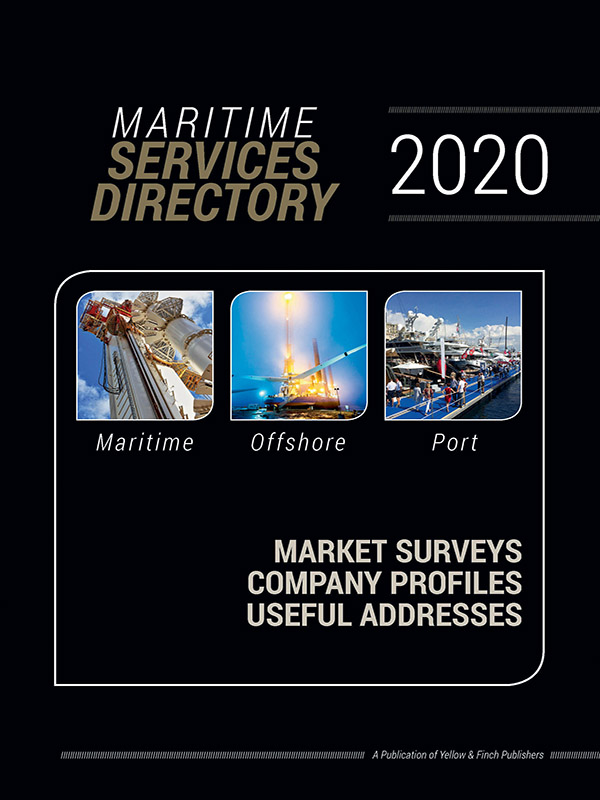Small Radii for Shipbuilding and Offshore
There are few other industries in which the consequences of globalisation can be seen as directly as in shipbuilding. As such, for example, the speed, volume and size of container ships are constantly increasing in order to facilitate international transport of growing quantities of goods. At the same time, shipyards are facing increasingly intense global competition. In Europe, the USA, Asia and even Australia, they compete for customers from civilian and military shipping. In view of these developments, the focus is on the production processes in the shipyards: the motto is “greater speed, greater flexibility, greater efficiency”. The example of tube bending machines, with which different tubes and pipes have to be processed not only in vast quantities, is an interesting one. Nowadays, the demand for space for the pipes on and below deck is also increasingly becoming a competitive factor. The solution lies in the use of smaller bending radii – a particular technical challenge, which special-purpose machine builder Schwarze-Robitec has solved. Innovations such as the CNC 320 HD machine, the bending specialists help to massively improve productivity in shipbuilding and in the construction of offshore facilities.
Behind the superlatives in shipbuilding lies a production challenge that is almost as great. This becomes particularly apparent in tube machining, as the supply lines on a cruise ship, aircraft carrier, submarine or yacht always form a highly complex network. Very different tube materials are used here for the broadest range of applications and media – from copper through steel and stainless steel to CuNiFe and titanium. Not only do these have to be bent in large quantities to fit precisely; the bending radii of the tubes is also particularly important, as there is generally little space available in the interior of the ship and a great deal of space can be saved with extremely tightly bent pipelines.
“We are intimately acquainted with the different challenges in shipbuilding,” Schwarze-Robitec Managing Director Bert Zorn confirms. “In recent years, we have developed systems for many shipyards all over the world, ensuring direct competitive advantages.” The focus here is generally on CNC cold bending machines, which are designed and constructed in various sizes (from CNC 60 HD to CNC 420 HD) – depending on the requirements of the customer. Schwarze-Robitec constructs these systems in single and multiple-groove design. Multiple-groove machines have multiple bending tools with which pipes of different nominal diameters can be bent on one machine with no conversion work. “There is therefore naturally a huge increase in productivity, as setup times are minimised,” Zorn explains.
Moreover, users benefit from the continuous development of the bending technology by Schwarze-Robitec. In the case of the CNC 320 HD, for example, this allows extremely small bending radii (1.5 x tube diameter) – even for large tubes with very thin walls and diameters up to 323.9 millimetres. Similarly tight radii for such large pipes can otherwise be achieved only with much slower and more laborious warm bending processes or welding bends. The advantage for the user: the small bending radii massively optimise the tube paths in confined spatial conditions.
Also for offshore and plant construction
Nonetheless, this machinery construction technology is of interest not only for shipbuilding. The bending specialists can also see market opportunities in the worldwide growth of mineral oil and natural gas production from the sea. “The construction of offshore plants holds similar challenges. Large quantities of tube and pipe are installed in the smallest spaces. Our CNC cold bending machines are designed both for this and for all other applications in tube/pipe construction,” Zorn concludes.






